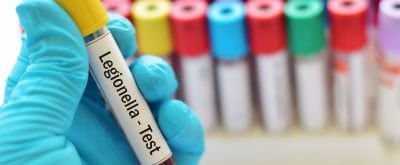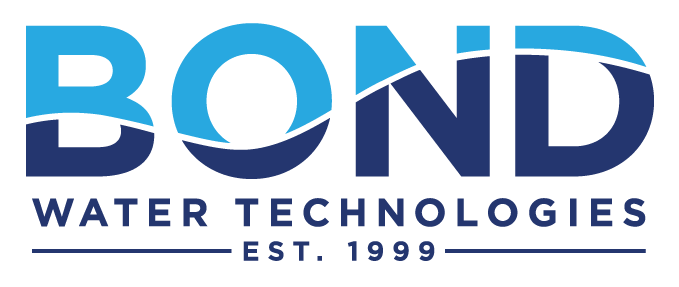The Possible Connection Between COVID-19 Shutdowns and Increased Risk of Legionnaires’ Disease
In August, the Alliance to Prevent Legionnaires’ Disease held a virtual conference to identify a possible connection between COVID-19-related shutdowns and increased risk of Legionnaires’ disease.
 The leading cause of reported waterborne disease in the United States, the Legionella bacteria accounts for about 60% of outbreaks over the last 10 years. In 2018, almost 10,000 cases of Legionnaires’ were reported to the Centers for Disease Control and Prevention (CDC) — the highest rate ever seen in the U.S. — though some scientists believe this could be a vast underestimate, claiming that the annual case count could be closer to 70,000. Sadly, 10% of people who get Legionnaires’ disease die from the infection.
The leading cause of reported waterborne disease in the United States, the Legionella bacteria accounts for about 60% of outbreaks over the last 10 years. In 2018, almost 10,000 cases of Legionnaires’ were reported to the Centers for Disease Control and Prevention (CDC) — the highest rate ever seen in the U.S. — though some scientists believe this could be a vast underestimate, claiming that the annual case count could be closer to 70,000. Sadly, 10% of people who get Legionnaires’ disease die from the infection.
However, the federal government is reporting an almost 50% decline in cases this year despite the fact that COVID-related shutdowns are likely to increase the risk of Legionella contamination.
Why Might the COVID-19 Pandemic Increase the Risk of Legionella Contamination?
Since the 1976 Philadelphia Legionnaires Convention legionellosis outbreak, our understanding of the sources and risks of the Legionella bacteria has expanded. We know that the bacteria can multiply in stagnant water. And as building water systems resume operation following the COVID-19 shutdowns — during which water usage was reduced or ceased — contamination is more likely. In other words, disruptions to normal water usage patterns result in stagnant water with diminished disinfectant levels and legionella testing, allowing bacteria to grow unnoticed.
Furthermore, national and global attention has been hyper-focused on the COVID-19 pandemic — for good reason — but the Alliance warns that this targeted attention could be overshadowing Legionnaires’ cases, particularly because the symptoms can be so similar. In fact, they fear that the focus on COVID-19 could be exacerbating the underreporting of Legionnaires’ and potentially leading to misdiagnoses.
Says Brad Considine, Director of Strategic Initiatives for the Alliance, “Given the historical trends and increased risks posed by COVID-19 shutdowns and recent re-openings, we are confident Legionnaires’ cases are on the rise this year.”
Legionella Testing to Stop the Spread
As facilities open back up, it’s critical that testing and cleaning are completed immediately and thoroughly. Legionella bacteria tend to thrive primarily in warm, wet environments such as plumbing systems and cooling towers.
While some states and municipalities do have guidelines for monitoring Legionella, only New York has passed legislation in an attempt to prevent Legionella. At this time, there are no other federal or state regulations that mandate routine monitoring. We recommend that industrial facilities implement a Legionella control and management program, including routine cooling tower cleaning.
For more information on how you can minimize Legionella growth in your building water systems and prevent infection, give us a call today. We have the commercial and industrial water treatment solutions you need to keep your business safe and successful.
